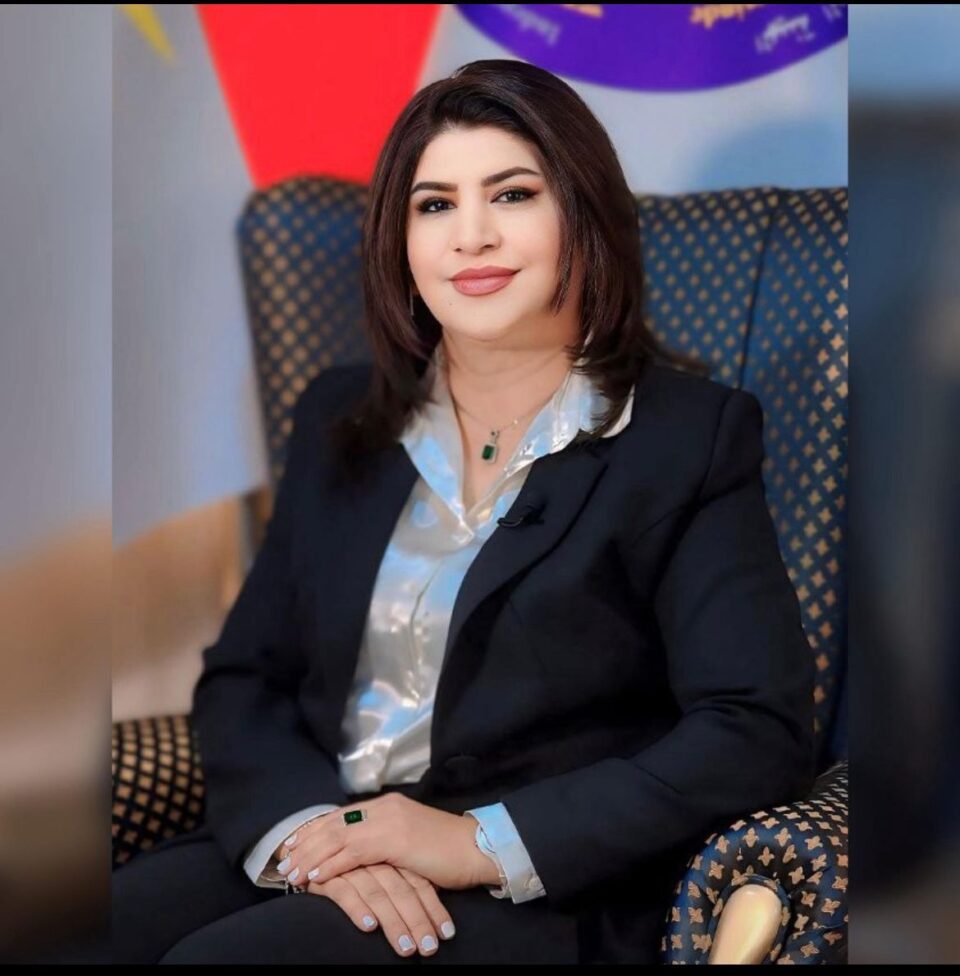International reports highlight legal reforms, civil liberties, and institutional progress in the region
Institutional progress and legal frameworks
According to Tavga Omar, recent reports from the United Nations Human Rights Council have highlighted Kurdistan’s advancements compared to other parts of Iraq and neighboring countries. Improvements are evident in areas such as judicial independence, freedom of expression, and civil society engagement. While the Kurdistan Regional Government (KRG) has responded actively to international human rights recommendations—especially under the current ninth cabinet—some legislative reforms have stalled in parliament.
Gender equality and civil protections
Omar emphasized that Kurdistan has established a strong legal framework to protect human rights, including efforts to promote gender equality and women’s rights. These efforts align with international human rights standards and reflect the region’s determination to modernize and protect vulnerable populations.
Responding to criticism
Regarding critical reports, Omar clarified that the KRG’s Office for International Human Rights Recommendations rigorously reviews and responds to every report. When legitimate concerns arise, corrective measures are taken. When criticisms are inaccurate, detailed rebuttals are provided. Transparency, she stressed, remains central to the KRG’s approach.
Press freedom and media law
Omar noted that most journalists in the Kurdistan Region operate freely and professionally, with access to information and legal protection under Law No. 35 of 2007. However, she acknowledged that evolving media platforms call for updated legislation to better address digital media challenges.
Prison conditions and legal oversight
While laws are generally being enforced, prison overcrowding, delayed trials, and inadequate healthcare persist. The government has implemented medical assessments and repatriation initiatives to ease overcrowding and improve conditions, especially in collaboration with the Iraqi government.
International standing and accountability
Kurdistan’s human rights progress is often cited as a model within Iraq. Omar stressed that such achievements are rooted in a strong legal foundation that supports effective institutional operations. Most violations, she added, have been isolated incidents rather than institutional policy. Moving forward, holding individuals accountable through proper legal channels is essential.
Politicization and resilience
Despite attempts by some groups to politicize human rights and portray the region negatively, Kurdistan’s commitment to upholding human rights remains steadfast. Omar emphasized that such tactics have largely failed, as international recognition of the region’s efforts continues to grow.

